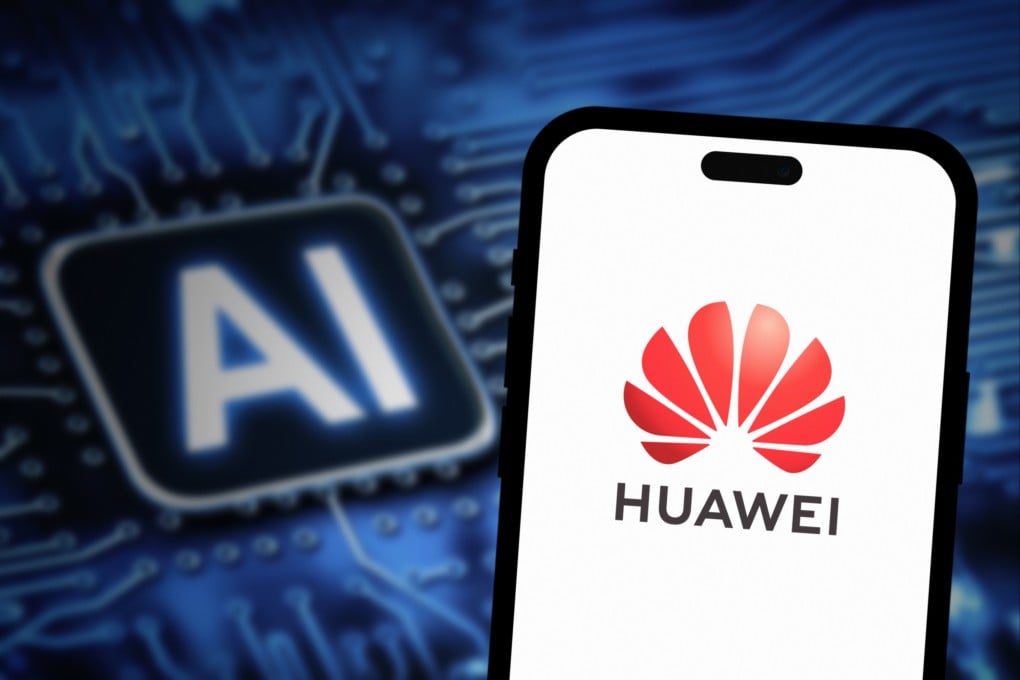Advertisement
Huawei to step up AI ecosystem development across industries despite US tech sanctions
‘In 2024 and over the next five years, Huawei will invest even more into ecosystem development,’ deputy chairman Eric Xu Zhijun said
Reading Time:3 minutes
Why you can trust SCMP

Huawei Technologies plans to accelerate the development of a reliable artificial intelligence (AI) ecosystem to promote the technology’s broad adoption in enterprises across various industries, according to deputy chairman Eric Xu Zhijun.
“Huawei has years of experience with its own intelligent transformation, and we’ve been helping a wide range of industries go intelligent, too,” Xu said in his keynote speech at Thursday’s opening of the Huawei Connect 2024 event, which runs until Saturday in Shanghai. The 57-year-old Xu is set to complete a six-month stint as the firm’s rotating chairman on September 30.
“In 2024 and over the next five years, Huawei will invest even more into ecosystem development” with the firm’s partners, he added, citing the company’s “All Intelligence” strategy and mission to build AI systems “that are accessible to every person, home and organisation”.
Advertisement
That AI ecosystem expansion reflects how Huawei is diversifying its revenue stream and wooing more enterprise customers amid the rising demand for AI services and applications across many traditional industries, even as the Shenzhen-based company remains blacklisted by the US government.

While US tech sanctions continue to stymie China’s development of advanced semiconductors that have become more in-demand for training AI systems, Xu said Huawei has built two computing businesses over the past five years to create another option that can meet enterprises’ AI infrastructure requirements.
Advertisement
Advertisement
Select Voice
Select Speed
1.00x